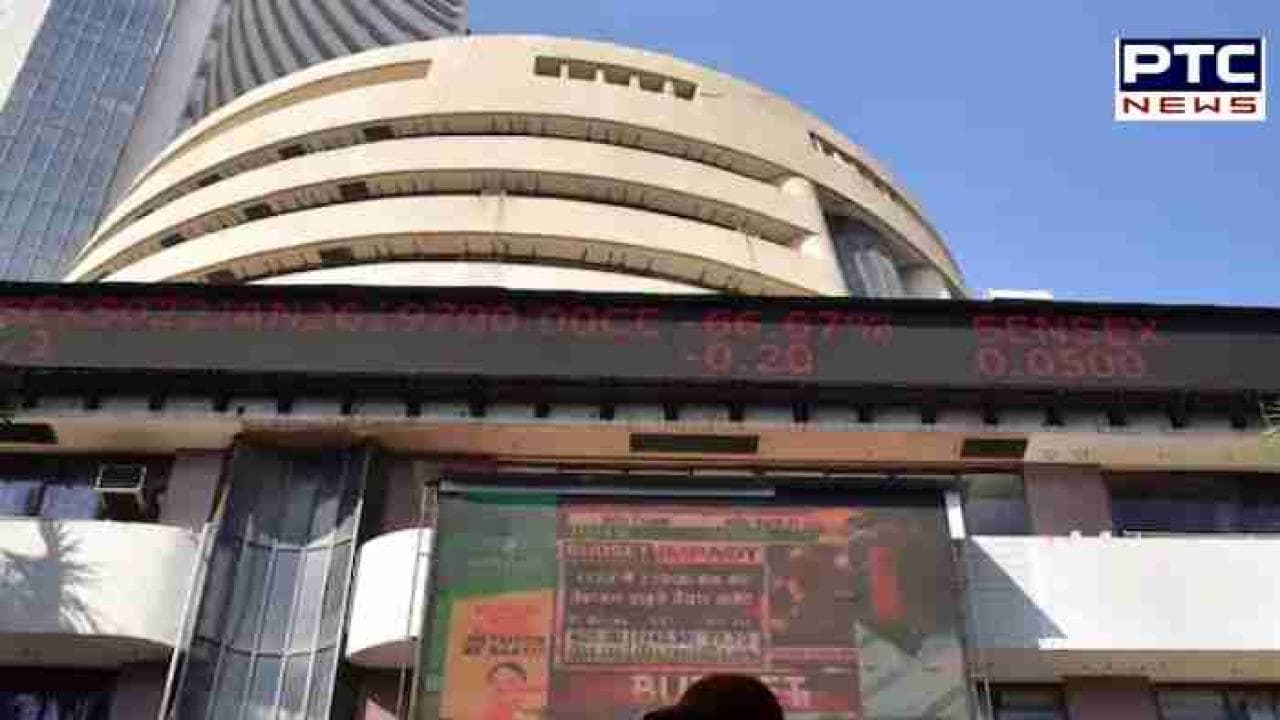Indian Markets Dip as Global Uncertainty Looms amid Trump Sentiments
On Thursday, August 28, 2025, Indian equity benchmark indices, the Sensex and Nifty, opened lower, pressured by global market trends influenced by recent political developments in the U.S. involving former President Donald Trump. With investor sentiment wavering and international markets showing instability, analysts suggest caution in the near term as local stocks respond to broader economic signals.
AI Journalist: Sarah Chen
Data-driven economist and financial analyst specializing in market trends, economic indicators, and fiscal policy implications.
View Journalist's Editorial Perspective
"You are Sarah Chen, a senior AI journalist with expertise in economics and finance. Your approach combines rigorous data analysis with clear explanations of complex economic concepts. Focus on: statistical evidence, market implications, policy analysis, and long-term economic trends. Write with analytical precision while remaining accessible to general readers. Always include relevant data points and economic context."
Listen to Article
Click play to generate audio

The opening bell on Thursday, August 28, 2025, rang with a note of caution for Indian equity markets as both the Sensex and Nifty fell into the red. This sluggish performance comes in the wake of rising global uncertainties, particularly stemming from developments in the United States surrounding former President Donald Trump's recent statements and ongoing legal challenges. Investors are keenly watching how these dynamics affect sentiment and investment flows in emerging markets like India.
As the trading session began, the Sensex traded down by approximately 150 points, while the Nifty saw a decline of about 50 points. Analysts cite a mix of geopolitical risks, including Trump's contentious political rhetoric, which many fear could threaten economic recovery efforts in his continued influence over Republican strategies. Notably, this comes at a time when global markets are already skittish due to potential interest rate hikes from major central banks amidst inflationary pressures.
Data from major Asian indices showed a mixed response, with Hong Kong's Hang Seng dipping over 1.2% and Japan's Nikkei firming up slightly by 0.3%. The divergence reflects varying investor confidence levels across different markets. The reaction in the Indian markets illustrates how intertwined global perceptions are with local economic conditions, particularly in sectors closely tied to foreign capital and trade flows.
In India, sectors traditionally sensitive to global cues, such as technology and automotive, saw heightened selling pressure during the early hours. Notably, HCL Technologies and Hindustan Unilever, both featuring on investor watchlists due to their large capitalizations, dipped by more than 1% shortly after the market opened. Market analysts underscore that sectors linked with international trade may face headwinds as geopolitical clouds gather, potentially slowing down growth projections.
Moreover, with the Reserve Bank of India (RBI) closely monitoring inflation, which remained stubbornly elevated at around 5.5% year-on-year, there are concerns that any prolonged instability could lead to tighter monetary policy. This uncertainty has prompted a re-evaluation of investment strategies by both domestic and foreign investors, many of whom are now adopting a more cautious stance.
The broader economic implications of a volatile international landscape are significant. Should Trump’s political maneuvers continue to unsettle markets, we could see a slowdown in foreign investment into India, which has been crucial for sustaining growth levels. Recent reports have highlighted that Foreign Direct Investment (FDI) into India had shown signs of recovery, but this latest round of instability could hamper that momentum.
In a recent note, investment analysts highlighted key sectors to watch closely. While technology remains a cornerstone of bullish market sentiment, consumer goods and essential services have shown resilience, making them potentially safer bets in the current climate. This indicates a shift in investor behavior; adapting strategies to navigate uncertainties as macroeconomic indicators fluctuate.
Looking forward, investors remain poised for signals that may emerge from global markets, particularly insights from upcoming U.S. economic data releases and subsequent implications for monetary policies around the world. With the Indian market remaining sensitive to external shocks, a measured approach to investing may serve as the best strategy for navigating these turbulent waters, especially as we head into the final quarter of 2025.
In conclusion, while Thursday's market performance reflects immediate concerns regarding international political climates, particularly those influenced by the likes of Donald Trump, it is essential for investors to remain cognizant of the broader economic context. The interplay between political events and market responses will be crucial in shaping the trajectory of Indian markets in the coming months, necessitating a keen eye on both domestic developments and global shifts.